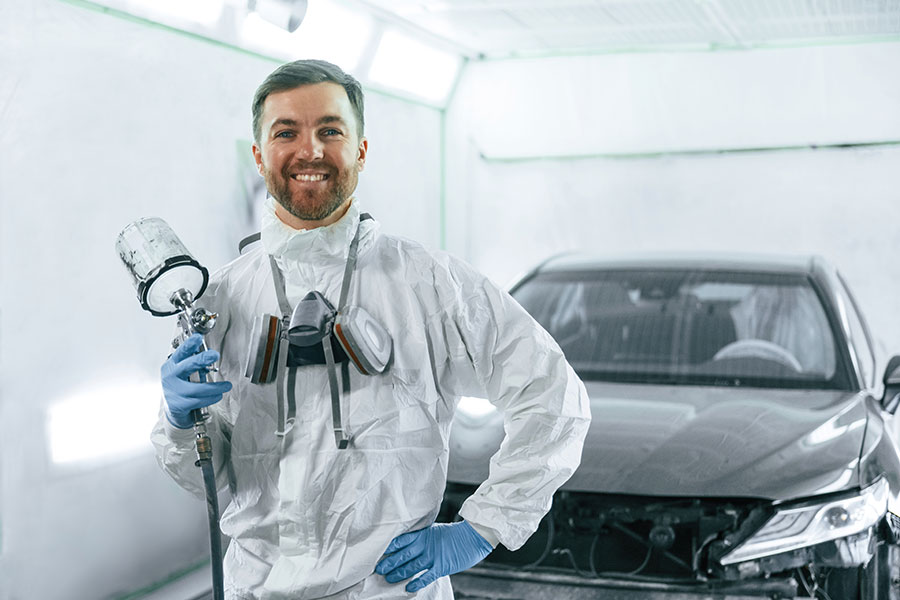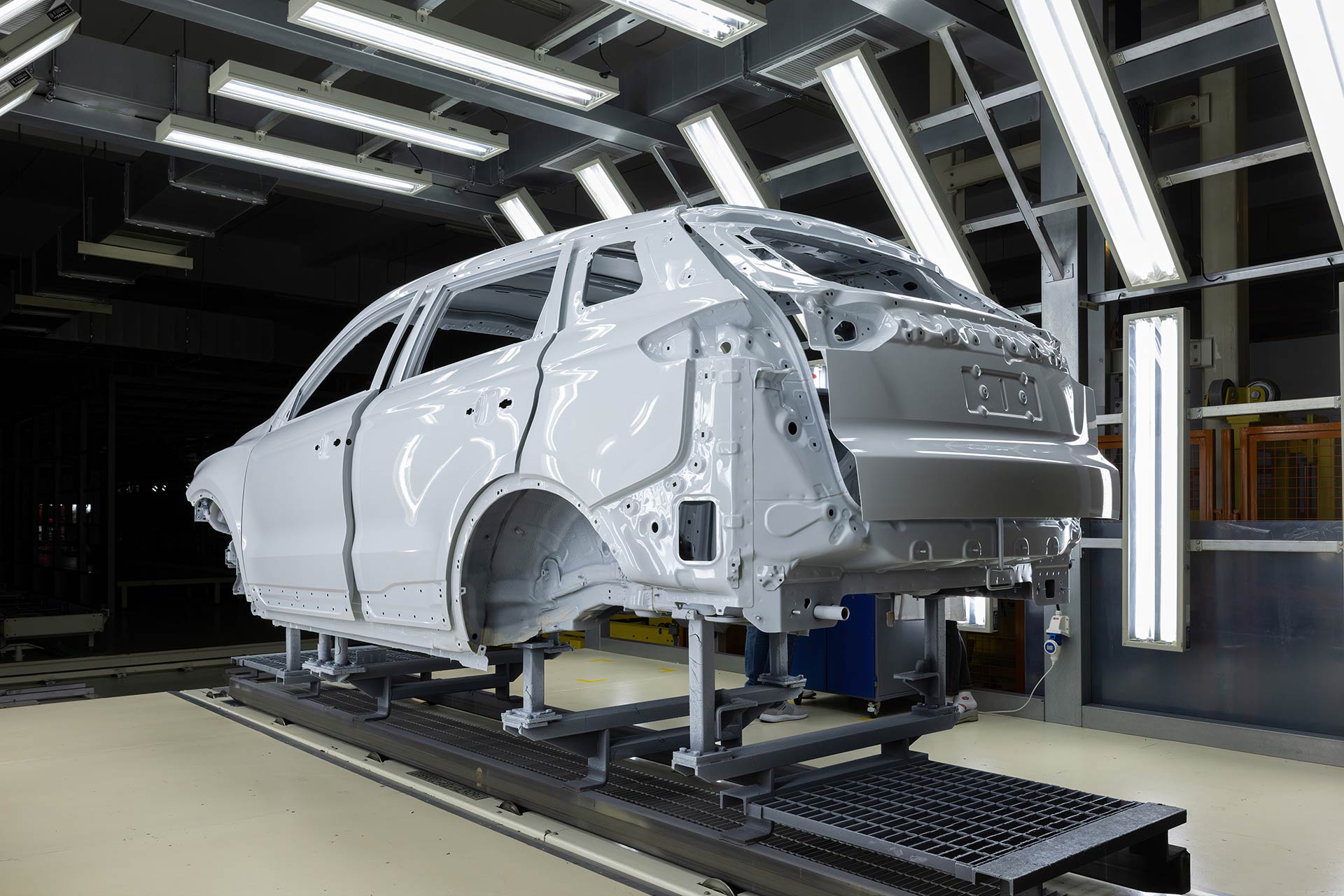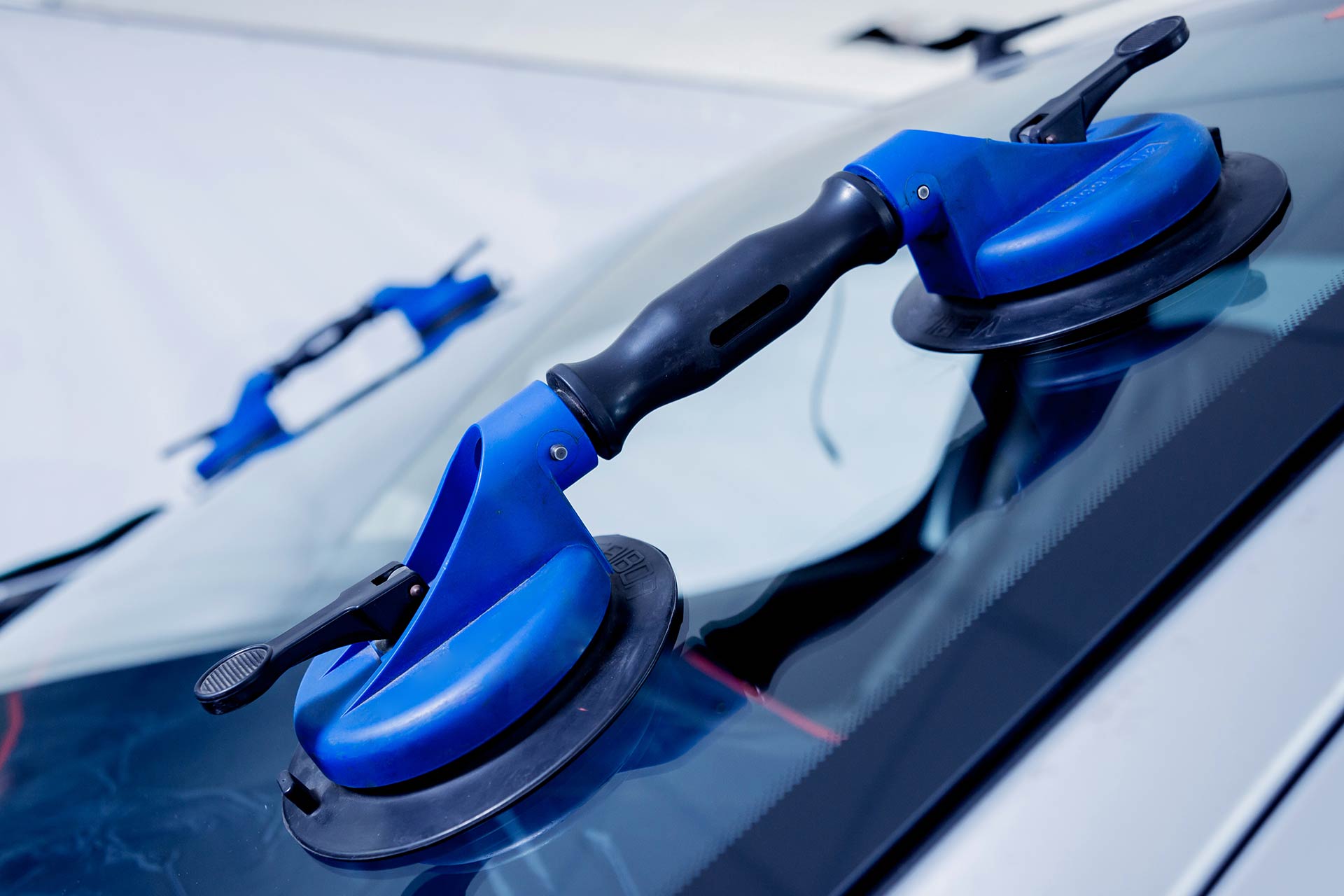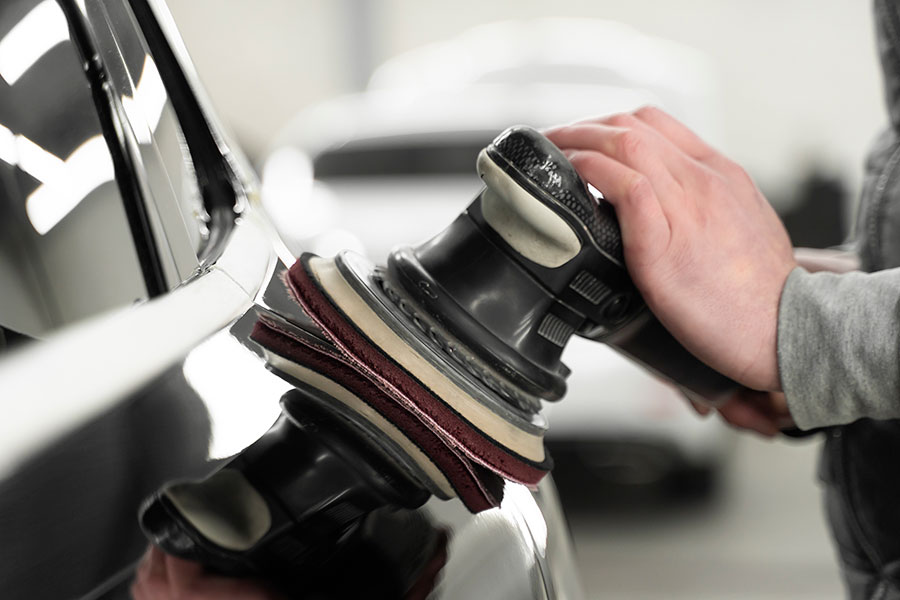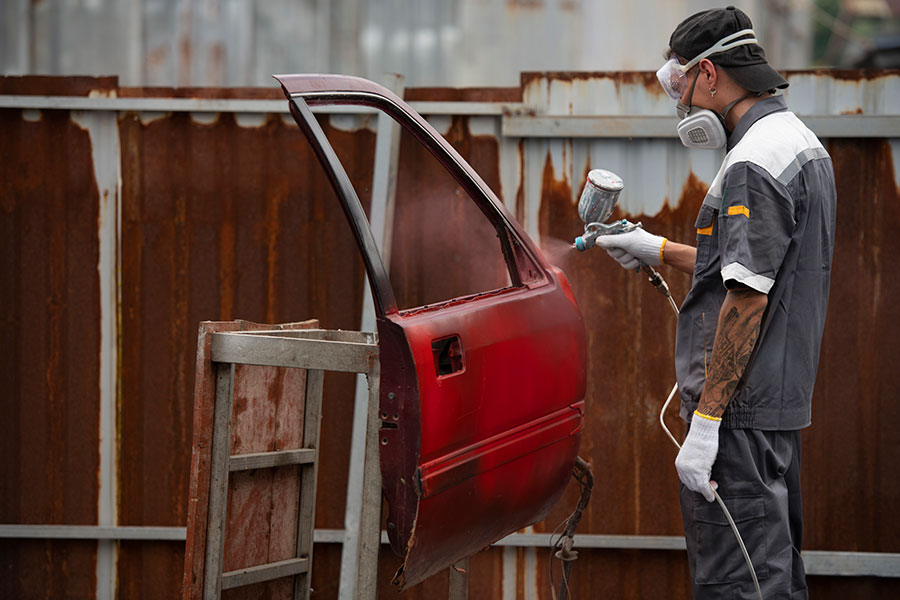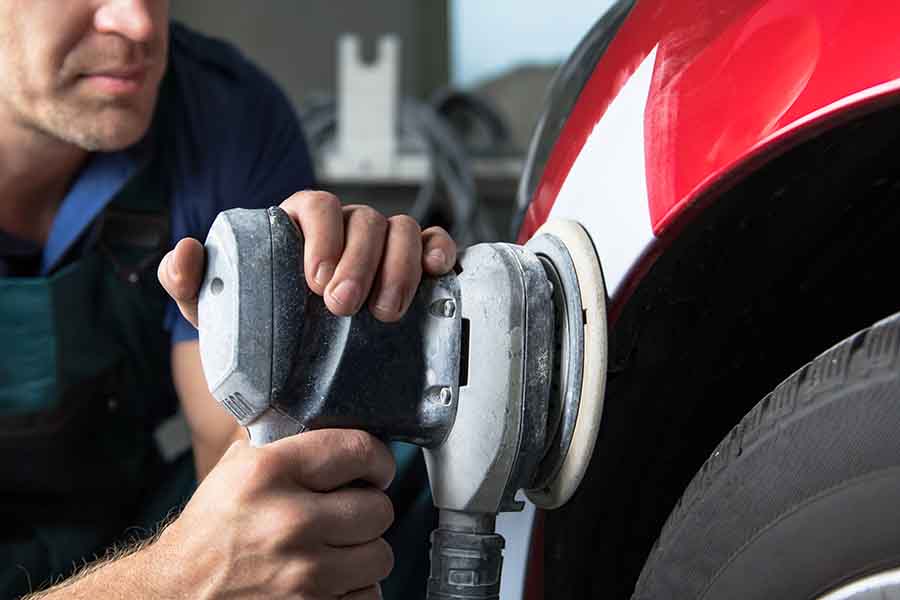Over 70% of vehicles on the road today have been in some form of collision. This staggering statistic highlights a growing demand for skilled professionals who can restore these vehicles to their former glory. Entering the field as a certified collision repair technician not only promises a career filled with opportunities but also offers the chance to make a tangible difference in people's lives. With advancements in automotive technology, the role requires not just hands-on skill but a deep understanding of modern vehicle systems. This blog post will dive into what it takes to become a certified technician, the challenges and rewards of the job, and why now is the perfect time to consider this career path.
Importance of Certification
Professional Growth
Certification is a mark of dedication. It shows that a technician values professional development and adheres to industry standards. Technicians who pursue certification signal their commitment to excellence in collision repair.
They immerse themselves in ongoing training. This keeps them updated on the latest repair technologies and techniques. As vehicles evolve, so do repair methods. Certified technicians are equipped to handle modern challenges, setting them apart from their peers.
Job Opportunities
Employers and customers prefer qualified technicians. Certification opens doors to new job opportunities. It's a clear indicator of a technician’s capability and reliability.
Repair shops look for certified professionals. They understand that these technicians can deliver high-quality work. Customers also trust certified technicians more. They feel confident that their vehicles are in capable hands.
Financial Benefits
Certified technicians often earn more than those without certification. Their expertise allows them to command higher wages. They bring value to their employers and customers, justifying their higher earnings.
Investing in certification can lead to long-term financial gains. It's not just about the immediate pay raise. Certified technicians are also more likely to receive promotions and leadership roles within their organizations.
Certifying Bodies and Standards
ASE Certification
ASE, short for the National Institute for Automotive Service Excellence, plays a pivotal role in certifying professionals in the auto repair and service industry. To earn ASE certification, technicians must pass specialized exams that cover various aspects of collision repair. These exams are not just any tests; they are comprehensive assessments designed to gauge a technician's knowledge and skills in real-world scenarios.
Technicians need two years of on-the-job training or one year of training plus a two-year degree in automotive repair to qualify for testing. This ensures that only those with both practical experience and theoretical knowledge reach certification. Once certified, technicians must retest every five years to maintain their ASE credentials, keeping them up-to-date with the latest technologies and repair techniques.
I-CAR Training
I-CAR, or the Inter-Industry Conference on auto collision repair, offers another layer of specialization for those seeking to excel in collision repair. Unlike ASE, which covers a broad range of automotive services, I-CAR focuses solely on collision repair, making it highly relevant for technicians in this field.
I-CAR’s Professional Development Program (PDP) provides a clear pathway for technicians to enhance their skills through ongoing education. Achieving Gold Class recognition, the highest level of training I-CAR offers, signifies a technician's commitment to excellence and their ability to perform complete, safe, and quality repairs. Technicians must complete annual training to maintain their I-CAR status, ensuring they remain at the forefront of industry standards.
Ongoing Education
The importance of continual learning cannot be overstated in the collision repair industry. Both ASE and I-CAR certifications require technicians to undergo regular retraining and recertification. This commitment to ongoing education ensures that certified collision repair technicians are always equipped with the latest knowledge about vehicle technology, materials, and effective repair methods.
Ongoing education is crucial not just for maintaining certification but also for advancing a technician’s career. It enables professionals to stay ahead of industry trends, adopt new technologies swiftly, and apply innovative solutions to complex repair challenges. In an industry that evolves rapidly, staying informed and skilled is key to delivering high-quality workmanship.
Skills and Competence Verification
Certification Importance
Certification stands as a key milestone for any collision repair technician. It not just showcases their ability but also acts as a seal of quality. Through rigorous testing, certification confirms a technician's skill in handling complex repair tasks.
Employers and customers alike seek this assurance. They want to know their vehicles are in capable hands. Certification provides that peace of mind. It tells them the technician has met high standards.
Skills Assessment
The process to become certified is thorough. Technicians undergo assessments that cover a broad spectrum of skills. From precise welding techniques to detailed structural analysis, each aspect is scrutinized.
These assessments are designed to mirror real-world scenarios. They test not only technical knowledge but also problem-solving abilities. This ensures technicians are well-rounded and prepared for any challenge.
Third-Party Validation
Third-party validation plays a crucial role in the certification process. Bodies like ASE (Automotive Service Excellence) offer unbiased verification of a technician's skills. This external stamp of approval is invaluable.
It reassures employers and customers of the technician’s competence. Knowing a reputable organization backs a technician elevates trust. This makes third-party validation an essential component of the certification landscape.
Continuous Learning
In this field, technology and techniques evolve rapidly. Therefore, certification is not a one-time event. Technicians must engage in continuous learning to maintain their certifications.
Ongoing education ensures they stay abreast of the latest advancements. This commitment to growth benefits everyone involved. Technicians enhance their expertise, while customers receive superior service.
Advancements in Automotive Technology
Certification Importance
Certification programs play a crucial role in preparing technicians for the evolving automotive landscape. They ensure that professionals are well-versed in the latest vehicle technologies and repair methodologies. This education is vital because cars today are much more complex than they were just a decade ago, featuring advanced materials and electronics.
These programs cover a wide range of topics, from traditional engine systems to cutting-edge electric and hybrid powertrains. By staying informed through certification, technicians can tackle repairs with confidence, knowing they're applying the most current and safe practices.
Modern Vehicles
The shift towards electric and hybrid vehicles represents a significant challenge for many in the repair industry. These cars come with unique components like high-voltage batteries and complex electrical systems that require specialized knowledge to handle safely.
Understanding these modern automotive technologies is not just beneficial; it's essential. Without this knowledge, technicians could risk damaging the vehicle further or compromising safety. Certification programs equip them with the skills needed to navigate these challenges effectively.
Advanced Materials
Today's vehicles also utilize advanced materials such as carbon fiber and high-strength steel to improve fuel efficiency and safety. Repairing cars made from these materials isn't straightforward and demands a deep understanding of how they behave under stress.
Certification courses teach technicians about these materials and the best practices for repairing them. This knowledge ensures that repairs maintain the structural integrity of the vehicle, keeping occupants safe in the event of a collision.
Technology Integration
The integration of technology into automotive design has accelerated rapidly, with many vehicles now featuring driver-assistance systems such as adaptive cruise control and lane-keeping assist. Repairing vehicles equipped with such technologies requires not just mechanical know-how but also an understanding of complex software systems.
Certified collision repair technicians are trained to handle these systems, ensuring they're properly calibrated and functional after repairs. This ability is crucial for maintaining the safety features of modern vehicles.
Career Growth and Certification
Advanced Certifications
Achieving advanced certifications is not just a milestone; it's a gateway to career advancement in the collision repair industry. Technicians who invest time and effort into gaining these credentials set themselves apart as experts in their field. This dedication to mastery often leads to opportunities for specialization, where technicians can focus on specific types of repairs or vehicles, enhancing their value and demand in the market.
With the constant evolution of automotive technology, as discussed earlier, staying ahead with certifications means technicians are well-equipped to handle newer vehicle models and complex repair tasks. This expertise directly translates to higher earning potential and job security.
Leadership Roles
Certified technicians often find doors opening to higher-level positions within their workplaces. Possessing a deep understanding of the technical aspects of collision repair, combined with certification-backed credibility, makes them prime candidates for roles such as shop managers or even shop owners.
These leadership positions require not only technical knowledge but also skills in management, customer service, and operations. Technicians who have shown a commitment to their professional development through certification are well-positioned to take on these challenges. They bring valuable insights into efficient shop operations and quality control, ensuring businesses not only survive but thrive.
Educational Opportunities
The path to certification can also lead certified collision repair technicians toward careers in education. Vocational schools and training centers are always on the lookout for experienced professionals who can share real-world knowledge with new generations of technicians.
Becoming an instructor is a rewarding career shift that allows certified technicians to give back to the industry by shaping its future workforce. They play a crucial role in developing curriculum that reflects the latest in automotive technology and repair techniques. Moreover, teaching positions can offer a more predictable schedule and the satisfaction of mentoring aspiring technicians.
Earning Trust and Professional Esteem
Professional Recognition
Certification in the collision repair field acts as a badge of expertise. It tells customers and peers that a technician has met high standards.
Technicians gain this badge through rigorous testing and practical demonstration of skills. Once earned, it sets them apart from those without certification. This distinction is crucial in an industry where trust is paramount. Customers feel more at ease handing their vehicles over to someone who has proven their capability through certification.
Customer Confidence
Customers look for assurance that their vehicle is in capable hands. Certified technicians provide this assurance.
They have demonstrated knowledge in the latest repair techniques and safety standards. This knowledge builds customer confidence. It also fosters a sense of security, knowing that their car will be repaired to meet specific industry standards.
Credibility and Reliability
Certification elevates a technician’s standing among peers and within the broader automotive community.
It signals a commitment to ongoing learning and adherence to best practices. Colleagues view certified technicians as more credible and reliable. They often turn to them for advice or assistance with complex repairs. This respect can lead to leadership opportunities and further career advancement.
Reputation Enhancement
Maintaining certification requires continuous education and skill development.
Technicians must stay abreast of emerging technologies and repair methods. By doing so, they not only retain their certification but also enhance their reputation. They become known as experts who are dedicated to excellence in their craft.
Safety and Quality Assurance
Certification Importance
Certification plays a key role in ensuring that collision repair technicians meet high safety and quality standards. Technicians with certification have undergone rigorous training. They know the latest repair techniques.
These professionals follow strict industry guidelines. This reduces the risk of faulty repairs. Certified technicians use their knowledge to ensure each vehicle is safe to drive after repairs. Their expertise helps prevent future accidents caused by improper repairs.
Best Practices
Certified technicians are well-versed in industry-best practices. They understand the importance of using the right tools and materials for each job. This knowledge is crucial for maintaining the structural integrity of vehicles.
They also stay updated on new technologies in automotive repair. This includes understanding how to repair advanced driver-assistance systems (ADAS). Following best practices ensures that repairs are done correctly the first time, reducing the need for costly rework.
Safety Culture
Certification fosters a culture of safety in the workplace. Technicians learn to prioritize safety above all else, both for themselves and their customers. This culture extends beyond individual repairs.
A safety-first approach minimizes risks in the shop. It ensures that all employees understand how to handle hazardous materials properly. It also means maintaining a clean and organized workspace to prevent accidents.
Beyond the Certificate
Continuous Learning
Continuous learning is key for a certified collision repair technician. After getting certified, it's important to keep up with new technologies and repair techniques. This ensures high-quality work that meets safety standards.
Technicians should attend workshops and training sessions regularly. These programs often introduce innovative tools and methods. They also offer hands-on experience with the latest car models. Staying updated enhances your skills and knowledge.
Industry Networking
Networking within the industry opens many doors. It connects technicians with mentors, peers, and leaders in collision repair. Joining associations like the National Institute for Automotive Service Excellence (ASE) can be beneficial.
Attending industry events is another great way to network. These gatherings showcase advancements in automotive technology. They also provide a platform for discussions on best practices and challenges in the field. Making connections at these events can lead to valuable opportunities for growth.
Mentorship and Community
Seeking mentorship is crucial for personal and professional development. Experienced mentors can offer guidance, support, and insight into the industry. They help navigate challenges and set goals for career advancement.
Participating in online forums and workshops is also advisable. These platforms allow for sharing experiences and learning from others' successes and mistakes. Engaging in these communities fosters a sense of belonging and contributes to continuous improvement.
Emerging Trends
Staying informed about emerging trends is essential. The automotive industry evolves rapidly, with new materials, technologies, and repair methods emerging regularly. Technicians need to be aware of these changes to remain competitive.
Reading industry publications and attending webinars are effective ways to stay informed. These resources cover the latest trends and innovations in collision repair. They also discuss how these developments affect safety and quality assurance.
Summary
Becoming a certified collision repair technician sets you apart in the auto industry. It's not just about fixing cars; it’s about proving you're at the top of your game. Certifications from reputable bodies show you know your stuff, from the latest tech to safety standards. This isn't just good for your career; it's crucial for earning trust and ensuring quality work. Plus, it opens doors to better job opportunities and higher pay. Remember, it’s your skills and dedication that make you stand out, but a certificate puts that excellence on display for everyone to see.
Don’t stop at getting certified. Keep learning, stay updated with automotive advancements, and aim for higher certifications. This commitment not only boosts your career but also ensures you provide top-notch service, keeping roads safer for everyone. Ready to rev up your career? Start your journey toward certification today and drive towards success with confidence.
Frequently Asked Questions
Why is certification important for collision repair technicians?
Certification ensures that technicians are up-to-date with the latest automotive technologies and repair techniques, guaranteeing high-quality repairs that meet industry standards.
What bodies provide certification for collision repair technicians?
Organizations like ASE (Automotive Service Excellence) and I-CAR (Inter-Industry Conference on Auto Collision Repair) offer reputable certifications for collision repair technicians.
How does certification verify a technician's skills and competence?
Certification requires passing rigorous tests and continuous education, demonstrating a technician’s proficiency in various repair processes and commitment to excellence.
How does advancing automotive technology affect collision repair technicians?
Technicians must continuously update their certifications to stay knowledgeable about new vehicle technologies and repair methods, ensuring safe and effective repairs.
Can certification influence a technician's career growth?
Yes, certified technicians often have better job prospects, higher earning potential, and opportunities for advancement due to their demonstrated expertise and professionalism.
How does certification earn trust and professional esteem from customers?
Customers are more likely to trust certified technicians because certification signifies a commitment to safety, quality, and staying current with industry standards.
What does going beyond the certificate mean for technicians?
It means committing to lifelong learning, ethical practices, and contributing positively to the automotive repair community, further enhancing their reputation and career opportunities.



